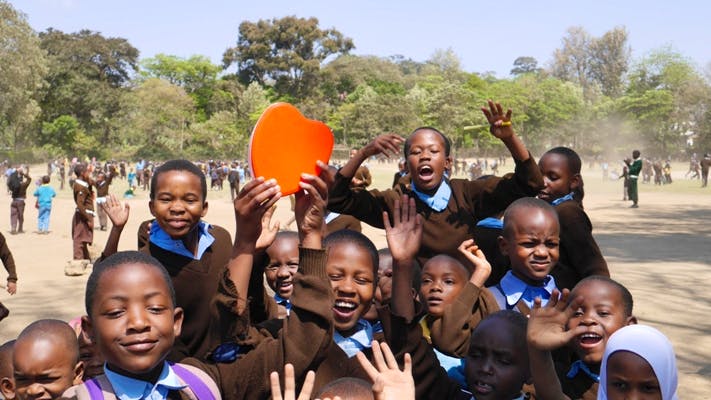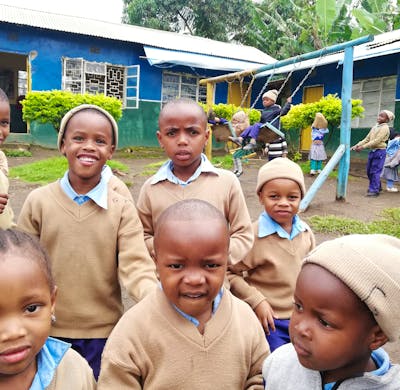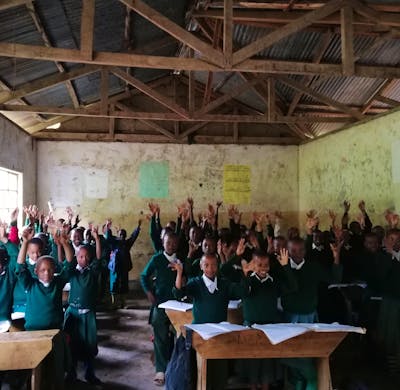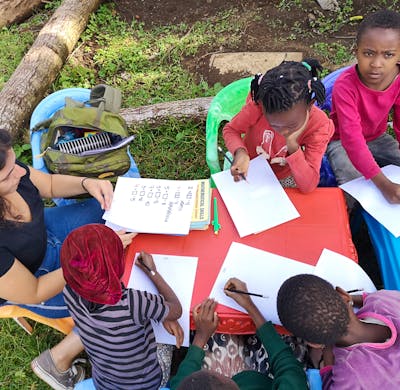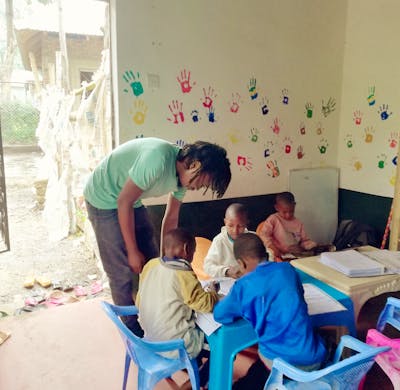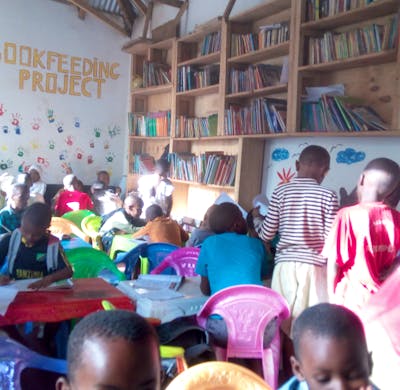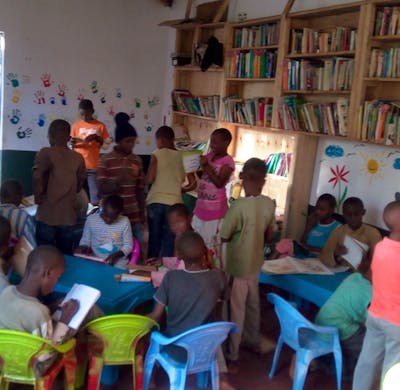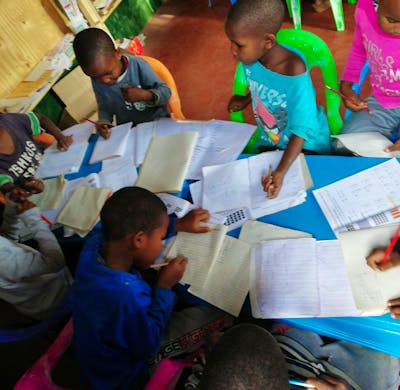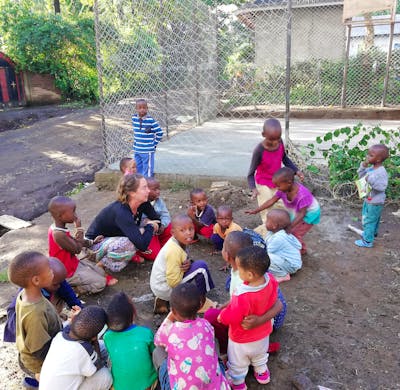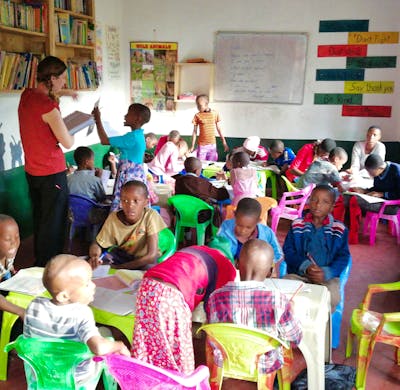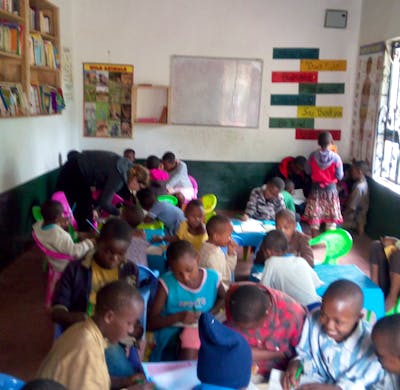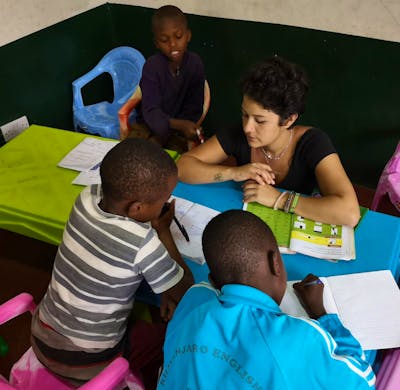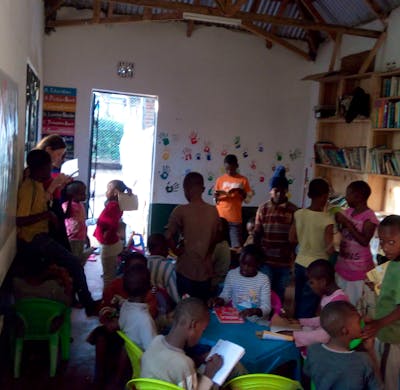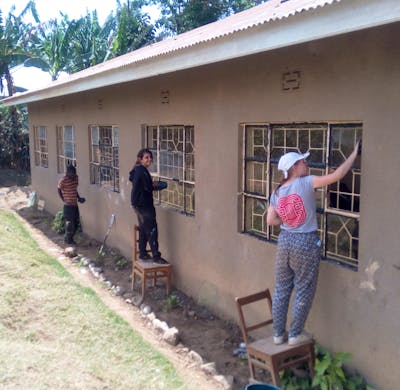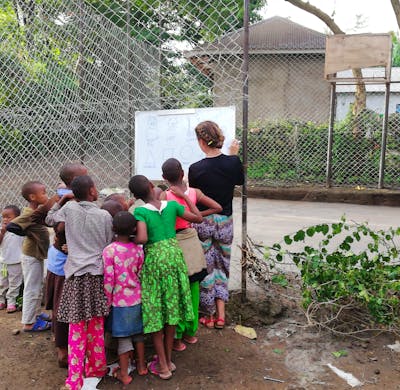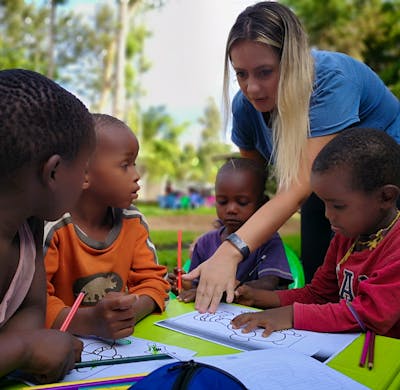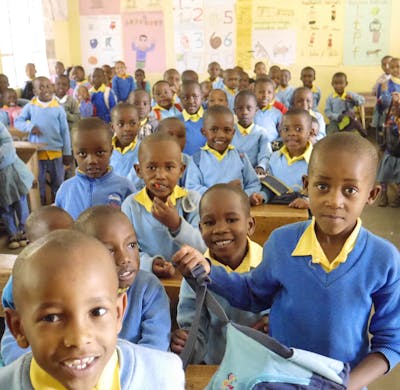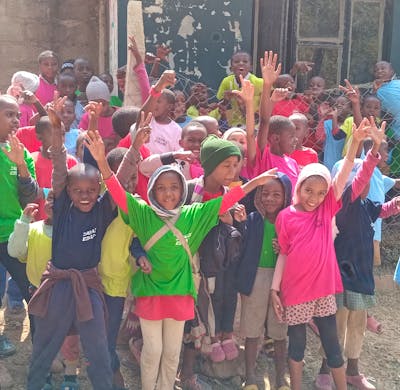from 274€
Teaching Primary and Secondary Schools
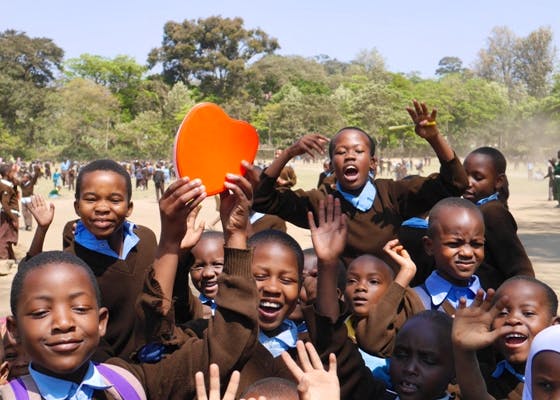
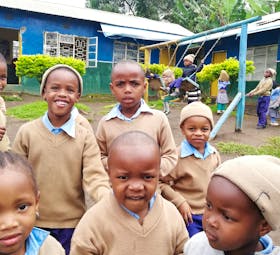
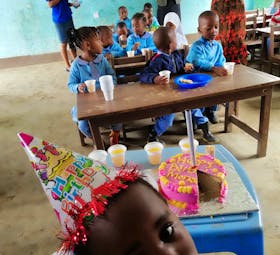
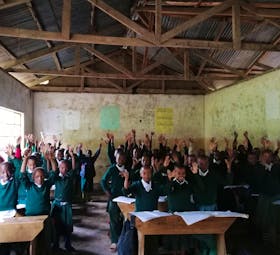
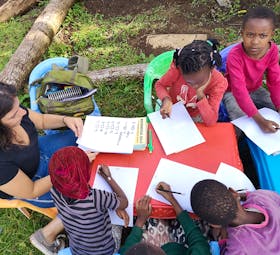
Highlights
- Volunteer to help a local private school where external support is desirably needed
- Help the students on an individual basis and adapt to their tempo of participating the lessons
- Express your creativity when suggesting or even implementing new teaching methods
- Be assured that you are always assisted by other teachers and that they help you with basically any problem you are facing
- Discover the culture through connecting to the community and exploring the country
Especially suitable
About the program
Teaching children age 3-14 in public and private school, as well as in the library. Depending on your skillset, subjects can vary: English, Mathematics, Science,...
Our program
Our volunteer program aims to give the children in the surrounding villages a more sustaintable education. The schools are not as organised as western schools and with our program we want to try to close the gap. Private schools have 50-100 students with classes ranging from 5-30 pupils, ...
Typical day
7-7.45 am: Wake up and enjoy local breakfast with your host family
7.45 - 8 am: walk to school
8am - 12.30 pm: Teach the children at school. Subjects and age group depend on your interest. Make sure you inform us prior to your visit so that we can make arrangements. Enjoy break time with the students ...
Free-time activities
We believe we can offer a life-changing experience to the Project volunteers!!
Not only because you will be able to help us in our great challenge of keeping it running but also because it will change how you see our community, our country, the whole Africa!
You will be immersed in our daily ...
Requirements
What's Included
What's NOT included?
Details on arrival
Please note that English-medium schools run year-round and have holidays for the entire months of April, August and December.
Government schools have holidays for the entire months of June and December. These schools also take week-long holidays during Easter and September. If your program duration crosses into the school holidays, you can take a break, travel, go on safari. As each school-type has holidays at different times, there is teaching work available for volunteers throughout the year. The Public library is open all year around. Please notify us of your expected travel dates and we'll give you feedback. Usually startdates are available throughout the year.
We pick our Volunteers from Kilimanjaro International airport for $50 where you will pay to the Taxi driver when we have already arrived to our project. The charges you will pay for the the airport pick up didn't included in the program fees, you have to paid direct to the Taxi driver when we have already arrive to the project.
Program fees
Meet your organization
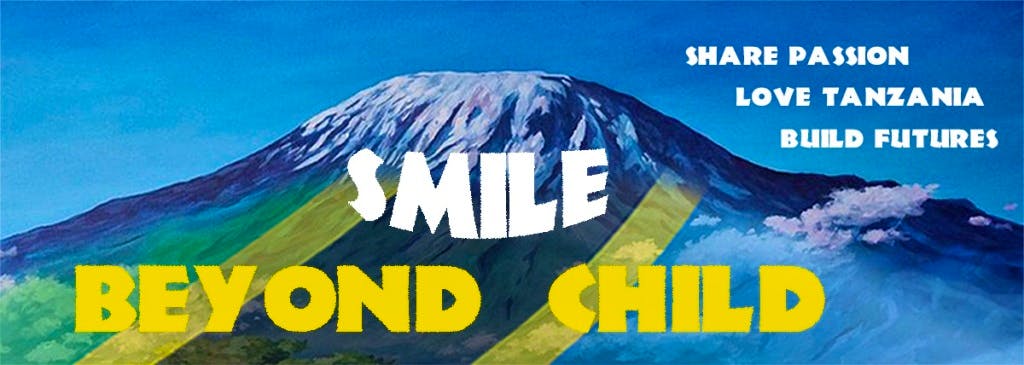
Beyond Child Smile
Non-profit - founded in 2015
Verified by Volunteer World
Coordinated by
Samson
About the project
33 reviews ·  4.6
4.6
Location

You might also be interested in
-
Arusha
50 Plus Volunteering
Family Volunteering
Mission Trips to Africa
Group Volunteering
Adults
Couples
Volunteer Trips for College Students
Youth Teaching in Tanzania
Best Volunteer Programs
Voluntouring
Global Volunteer Opportunities
Projects Abroad
Mission Trips
Volunteer Abroad for Free
